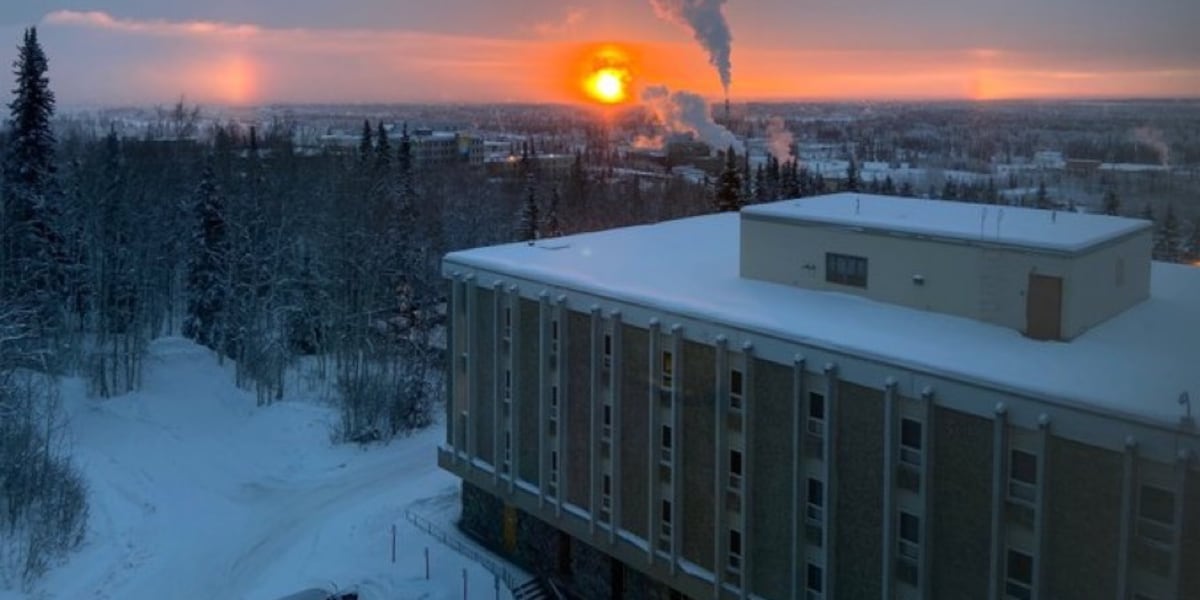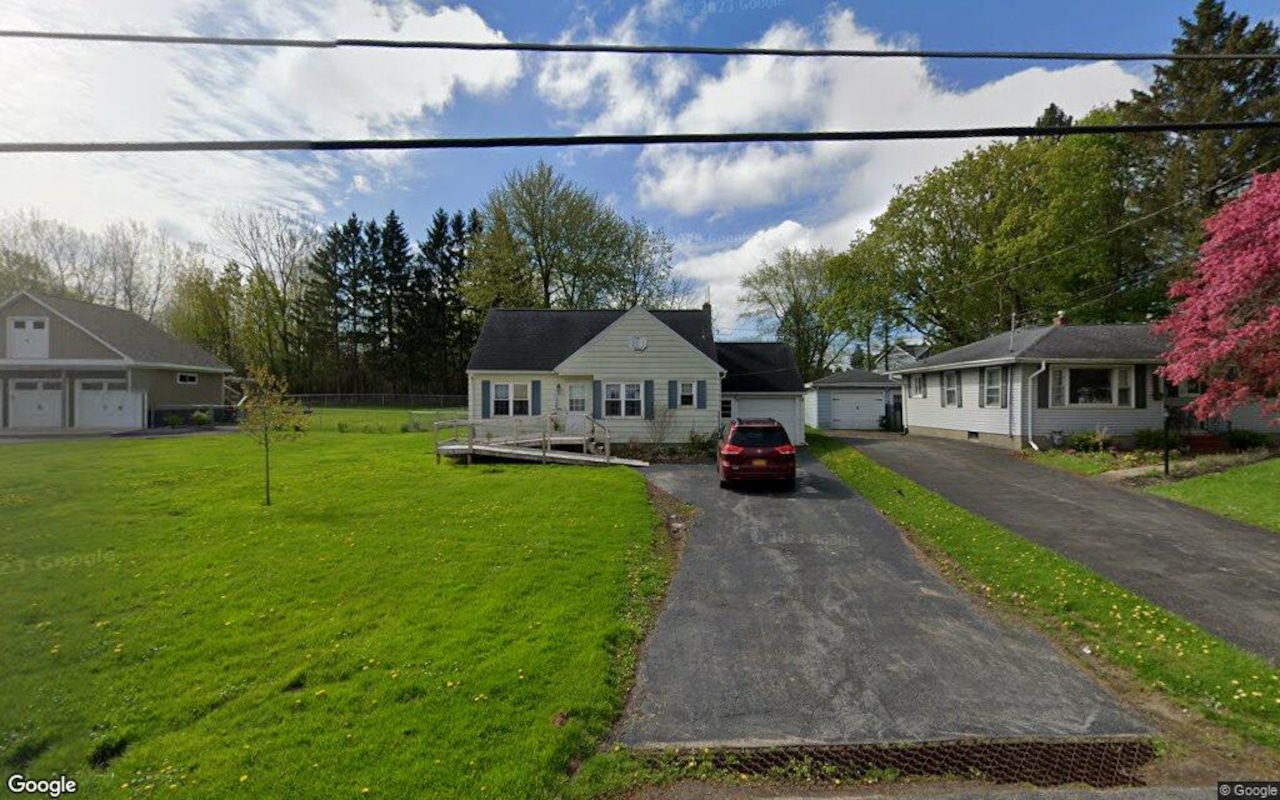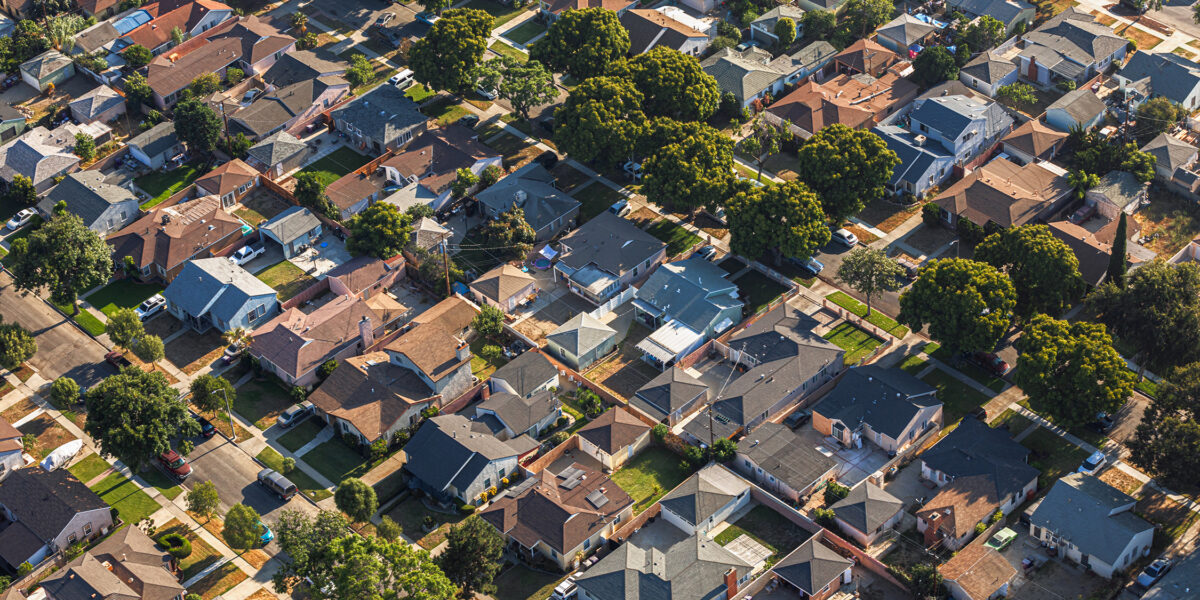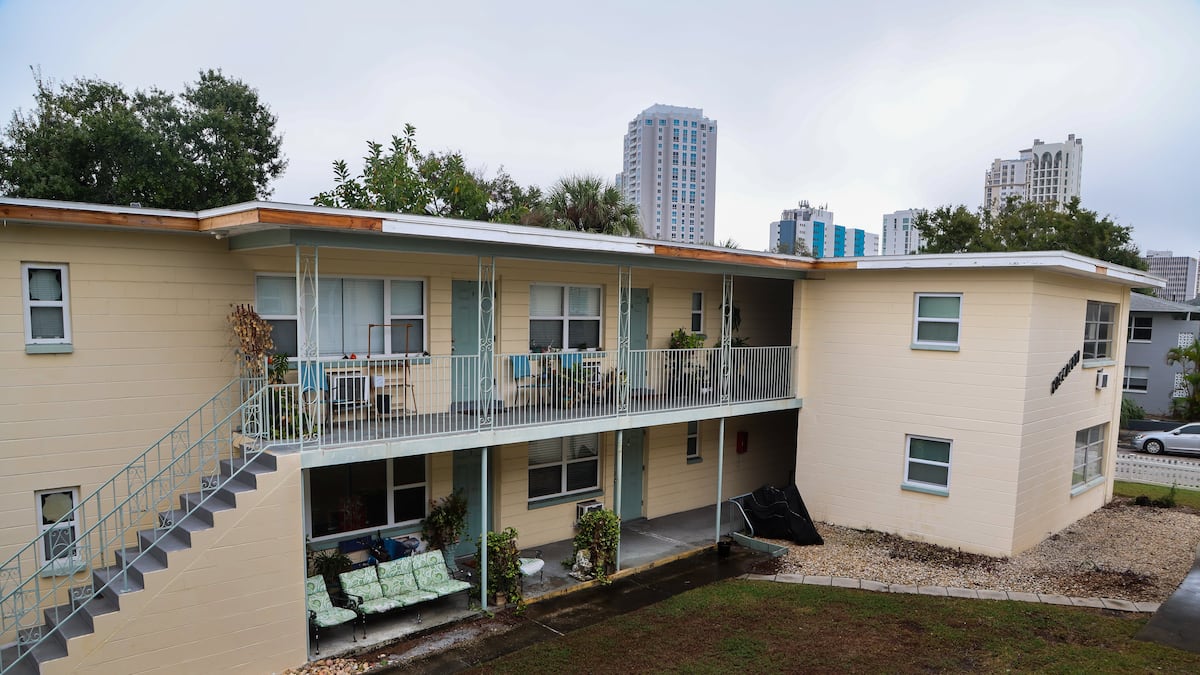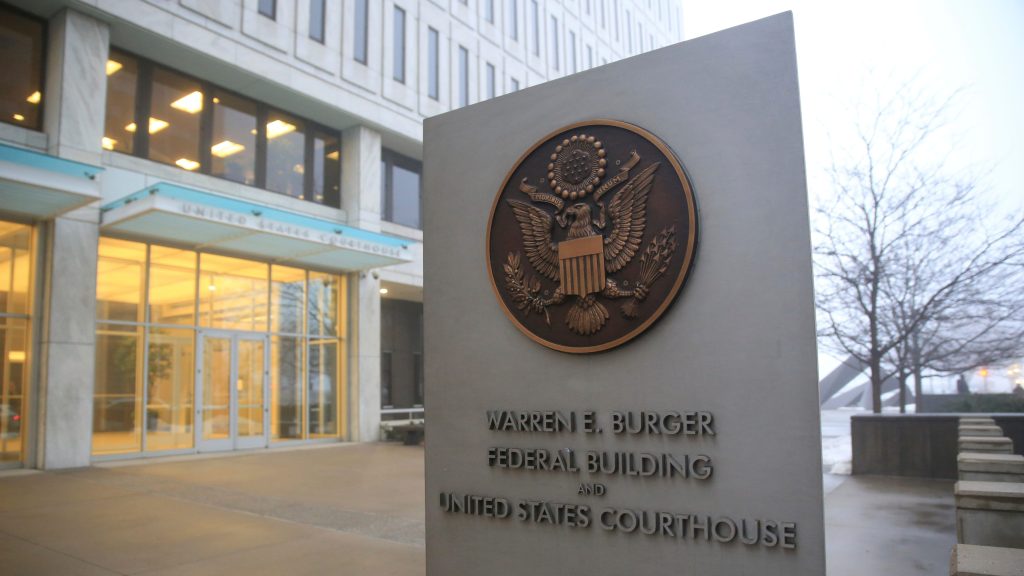F
airbanks, Alaska's housing market is bracing for a new set of regulations aimed at improving the city's notoriously poor air quality. The state's implementation plan to address the Clean Air Act has sparked concerns among homeowners and real estate agents, who fear the added costs and complexities will stifle sales.
At the heart of the issue are energy ratings, which have become a requirement for homes in the nonattainment area before they can be listed for sale. Homeowners must foot the bill for these assessments, while real estate agents face potential liability if they fail to inform buyers and sellers about the regulations. The rules also mandate registration of wood-fired heating devices, echoing existing requirements for fuel-fired systems.
"This is a measure we didn't want to include, but it was necessary to secure EPA approval," said Jason Olds, Director of the Division of Air Quality at the Alaska Department of Environmental Conservation. "We're hoping these regulations will lead to better air quality results by 2027."
The new rules are part of a state implementation plan (SIP) submitted to the Environmental Protection Agency (EPA). Fairbanks' nonattainment area boasts some of the worst air quality in the nation, largely due to small particles emitted from wood-fired stoves and coal burners.
Nick Czarnecki, Program Manager for Air Non-Point and Mobile Sources at DEC, emphasized that these regulations are the culmination of years of community engagement. "We've focused on measures with the biggest impact while avoiding painful regulations," he said.
However, the Greater Fairbanks Board of Realtors (GFBR) has criticized the regulations as "unnecessary, impractical, and burdensome." They argue that energy ratings were designed to assess home efficiency, not identify non-compliant heating devices. The GFBR also points out that only two qualified energy raters operate in Fairbanks, exacerbating delays and administrative bottlenecks.
Olds countered that the real estate community has misunderstood the regulations, which aim to clarify existing compliance issues. "We're seeing 0% compliance from the realtor market prior to these regulations," he said. "That's why we sought to clarify them."
The GFBR has requested exemptions for real estate professionals, grandfathering protections for existing heating systems, and elimination of energy rating requirements. However, Olds and Czarnecki note that the regulations have already been approved and submitted to the EPA.
Approval of the SIP would lift sanctions imposed by the EPA in December 2023, which paused Fairbanks-area road construction projects due to a $150 million funding freeze. The EPA has set a deadline for public comments on the plan, with submissions accepted until February 7.
